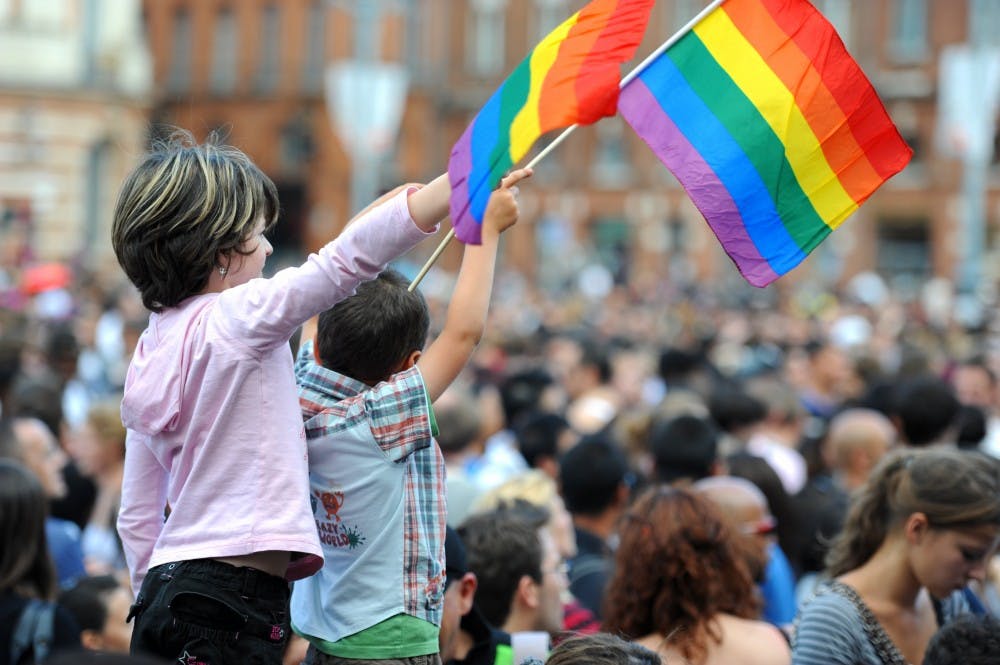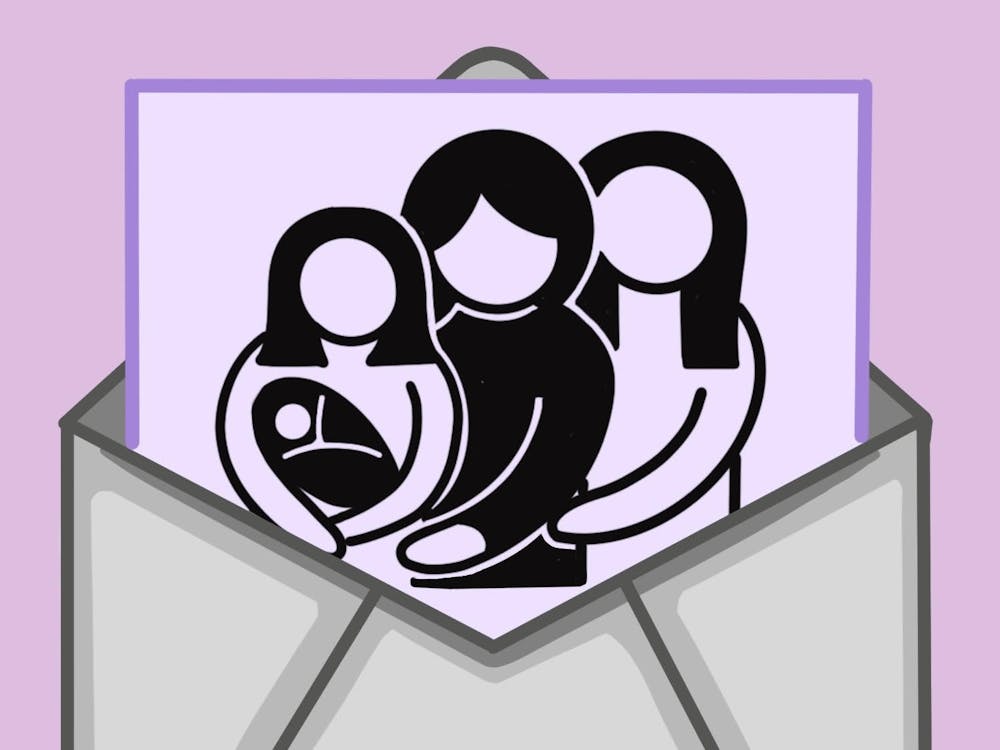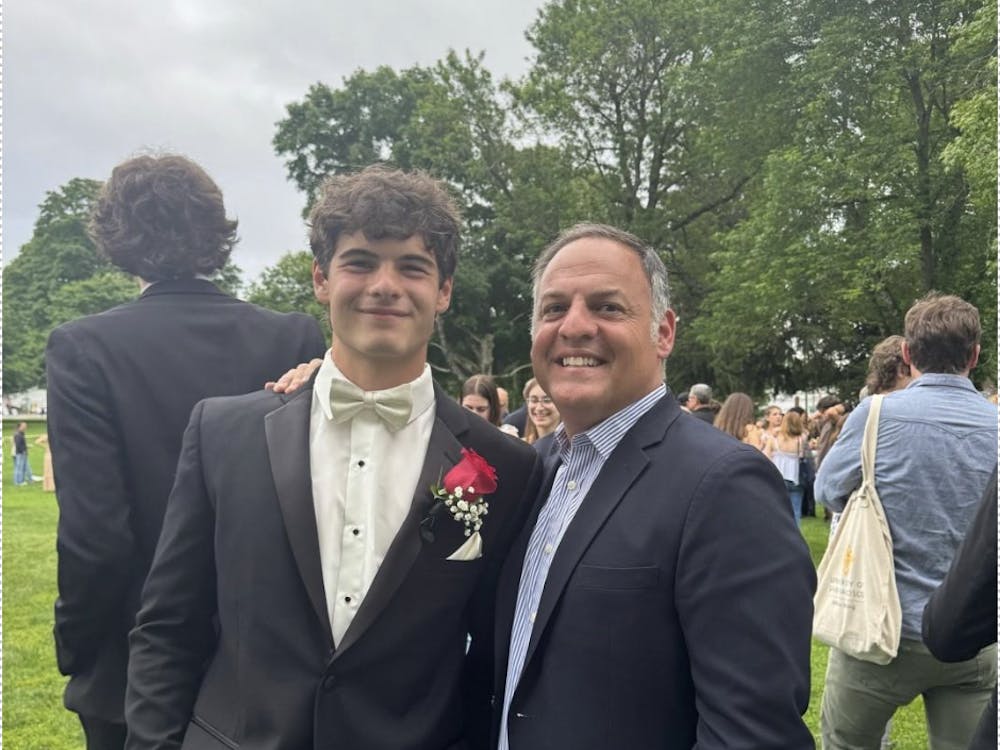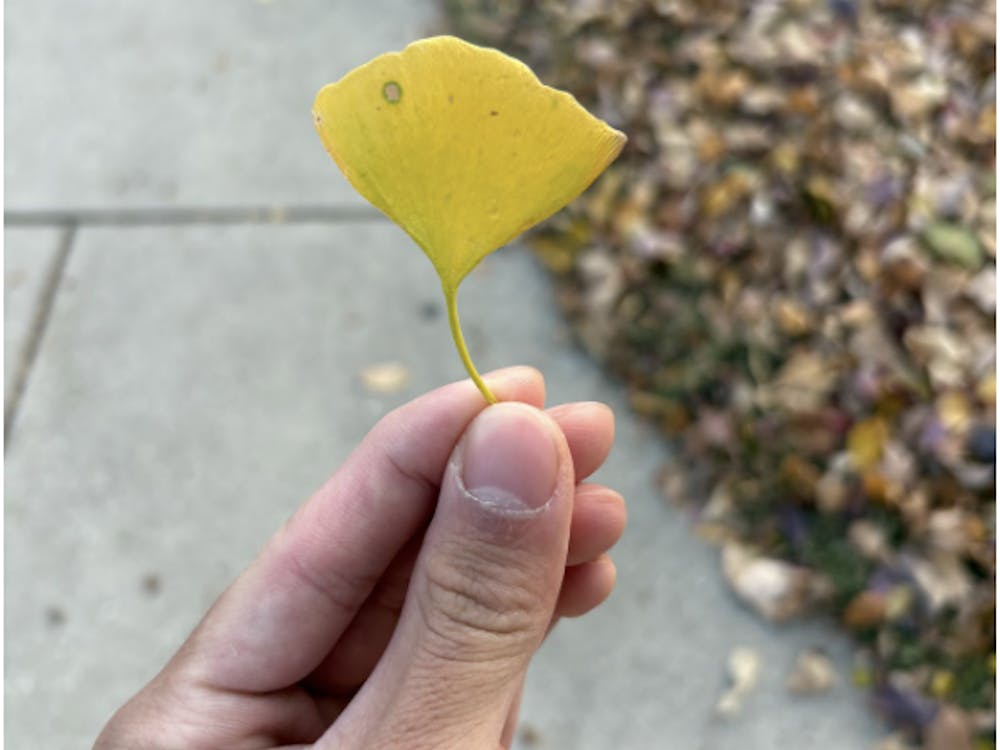
A friend told me recently that someone she knew was applying to transfer out of Hopkins. “Even if I absolutely fucking hated it here, I don’t think I’d ever transfer,” I said to her. “I refuse to relive the stress of the college admissions process ever again.”
Notwithstanding the chronic disappointment of searching for an empty cubicle on C-level on a Sunday night to be met only with seats saved by crusty JanSport backpacks, fortunately I am truly enjoying being a student at Hopkins. Never would I ever shed my elite azure wings and vacate the Hopkins nest. Forever a Blue Jay, man.
Admittedly, however, it ruffled those very feathers slightly when I saw on Facebook in early December that someone from my high school had been accepted Early Decision to the University of Pennsylvania (Penn), from where I had first been deferred and now (thankfully) rejected. But during my senior year, when even being asked for a pen (Penn, get it?) was distressing, I wondered: Would I have gotten into Penn had I responded differently to “Some students have a background, identity, interest, or talent that is so meaningful they believe their application would be incomplete without it” on the Common App? Specifically, would I have gotten into Penn had my essay been about being gay?
A New York Times article from 2013 found that many LGBTQ students believed that coming out in their essays could bolster their likelihood of admissions, while others thought doing so could have the opposite or no effect.
I was the last person I knew to start my Common App essay. I procrastinated it like no other assignment (except maybe the orientation Common Read), because the topic I had chosen was not the one I really wanted to write about. In a passcode-locked app on my phone, I had compiled phrases that began to describe how the metaphorical closet felt.
I wanted desperately to put pen (ha) to paper and explain how I felt like a formaldehyde-preserved frog — puffed up on the outside, trapped in a disguise, not fully alive. I had spent more than one English class curriculum reading about superficiality from the slave-owning, pseudo-pious aristocrats of Adventures of Huckleberry Finn to phonies in The Catcher in the Rye. Nevertheless, I felt as though I was the character I had learned to hate. I was hiding my sexuality behind a perhaps paper-thin veneer of straightness. I was fake.
A couple of months after my deferral from Penn, I went to an interview for a different university. My interviewer asked me if I had any new information to add to my application. Without knowing how she would react, I told her that I had come out, just days before, as gay to my parents. Would divulging this secret, by means of some sort of affirmative action, secure my admission to the Ivy League? Luckily she happened to be a marriage and family therapist and not one of the conversion variety. She congratulated me and then asked me how being gay had affected my academics.
I had never considered this. I stammered out something about how concealing my being gay had been stressful and made it hard to concentrate. Was this true? Once while taking a calculus test (yes, my STEM friends, I once knew integration by parts and u-substitution), I was indeed preoccupied, not directly by being gay but by my anguish over someone who perhaps served as a symbol for all my internalized homophobia. Someone manipulative and toxic with whom I had been close friends. Someone who frequently called me a faggot (only because he “wanted me to be one,” he once said).
I am glad that I didn’t write my essay about pining after a self-identifying straight male, even if he did send me a whole rainbow of mixed signals. College applicants should use their essays to demonstrate their maturity, not to write hackneyed sob stories indicating that they possess the emotional intelligence of a seventh grader with an unrequited crush. Only in hindsight have I learned anything valuable from the experience with him.
When I wrote my Common App essay, I had not yet achieved self-acceptance for being gay. But what if I had? Naturally, I turned to College Confidential.
One user wrote that they didn’t “see how your sexuality is relevant to college admission.” Another found that “the coming out essay is overdone and a yawner for admissions.” Someone else asked “why just being gay makes you a better candidate than someone else” and said that they “would be more impressed by accomplishments, creativity, community service, internships and the like.”
A different person advised that “it’s not enough to say you felt ostracized, confused, abandoned, self-pitying or suicidal... How did you overcome those feelings/fears and become a better person despite everything that has happened to you?” Someone added to this sentiment by saying “you want to show how you’ve made a difference, rather than wallowing in self-pity.” I would not have been able to do so.
I am grateful that homophonic writing implements — not homophobic parents — caused me suffering my senior year of high school and that the most difficult part of being gay was liking a selfish guy with a fragile masculinity. At the time, I had experienced no personal growth; I had only endured.
As one last College Confidential user put it, at the end of the day, “a good essay is a good essay, whether or not one mentions being gay.” Wow, that sentence rhymed. I suppose I’ve just unconsciously expressed an aspect of my identity. Here I am coming out to you in this article (though not for my first time in The News-Letter) as... Writing Sems.





